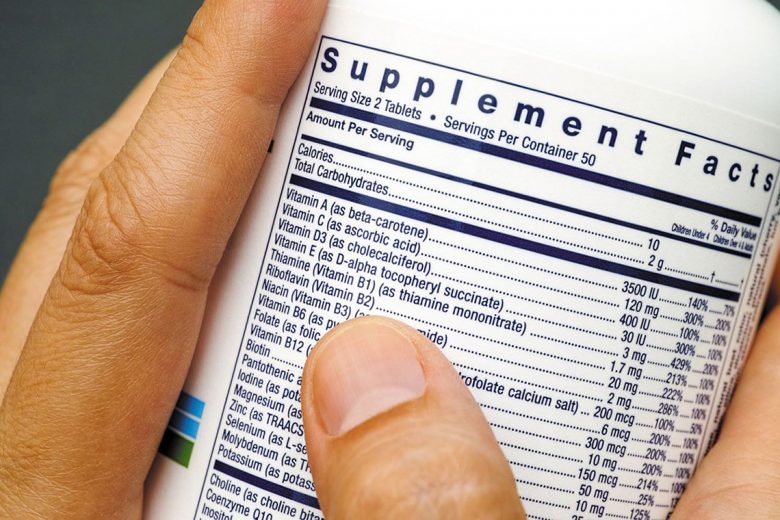We can get a lot of nutrients from food, especially fruits and vegetables, but the fact is, unfortunately, we don’t.
If you were living in earlier times, supplements would not be needed, but considering the stress associated with modernized lifestyles, the poor quality of food and the contact one has with loads of toxins, the body needs the elementary supply of supplements to keep it functioning well.
Centers for Disease Control (CDC) state that adults should consume 1.5-2 cups of fruit and 2-3 cups of vegetables daily. Yet, in a recent CDC study, they found that 76% of adults don’t eat enough fruit and 87% of adults don’t eat enough veggies.
O the other hand, the incorrect farming techniques used these days leads to depletion of nutrients in the soil. The use of fertilizers for harvesting blocks the production of nutrients in plants.
The inclination of people towards eating exotic fruits and vegetables over seasonal and local food is also one of the major reasons for nutrition deficiency. The reason being, longer transit period of the ingredients from the farm to the kitchen, damages the vitamins and minerals of the food.
Nutrition deficiencies can affect your body’s performance by causing DNA damage, making you age faster and backing chronic illness.
Some groups of people who might be at risk of deficiency are pregnant women, older adults, new-born babies and people who are uncertain about food habits.
So how to get your nutrients? By taking multivitamins daily. Multivitamins are like an insurance policy, a daily guarantee to ensure your body gets the vitamins and minerals it needs. It can make up for the shortfalls that happen when you don’t get what you need through food.
Dietary supplements can be in the form of pills, capsules, powder and liquid comprising of different ingredients like vitamins, minerals, amino acids, herbs, and other useful substances
8 Reasons to Take Multivitamins Every Day
- Healthy aging. As we age, our nutritional needs increase. At the same time, it gets harder for the body to absorb nutrients. Medications can further deplete our body of nutrients. Multivitamins can offset these deficiencies.
- Supporting your heart. Studies show that taking high-quality multivitamins may reduce cardiovascular disease. Heart disease is the leading cause of death in both men and women in the U.S. Vitamins B1, B2, B6, K1, Niacin (B3), CoQ10 and magnesium, all play a role in cardiovascular health.
- Reducing cancer risk. Vitamin use has been associated with a decreased risk of some cancers. A recent study of 14,000 men aged 50 and older found that daily multivitamin supplementation “significantly reduced the risk of total cancer.”
- Boosting immunity. Vitamin C is a strong antioxidant known for strengthening the immune system. Vitamins D and E boost immunity, too. These vitamins can also help reduce allergy symptoms.
- Supporting eye health. Vitamins A, C, E, Niacin (B3), and selenium support eye health. Lutein and Zeaxanthin also protect the eyes from harmful light waves. Studies have shown multivitamins containing a combination of vitamins, lutein, and zeaxanthin can reduce the risk of macular degeneration.
- Getting necessary water-soluble vitamins. Excess fat-soluble vitamins (A, D, E, and K) are stored in the body. Water-soluble vitamins (B and C) are not. Excess water-soluble vitamins simply travel through the body. This means it’s necessary to take these essential vitamins on a daily basis.
- Getting healthy hair and skin. New research says we need Vitamins B3 (Niacin), biotin, and Vitamin C for fuller hair. For healthy skin, look for Vitamins A, C, E, and CoQ10.
- Feeling better. Thanks in large part to the Vitamin B family, taking multivitamins is associated with a boost in energy levels, feelings of well-being, as well as a decrease in stress and anxiety. This alone, makes it worth sticking to your multivitamin routine.

